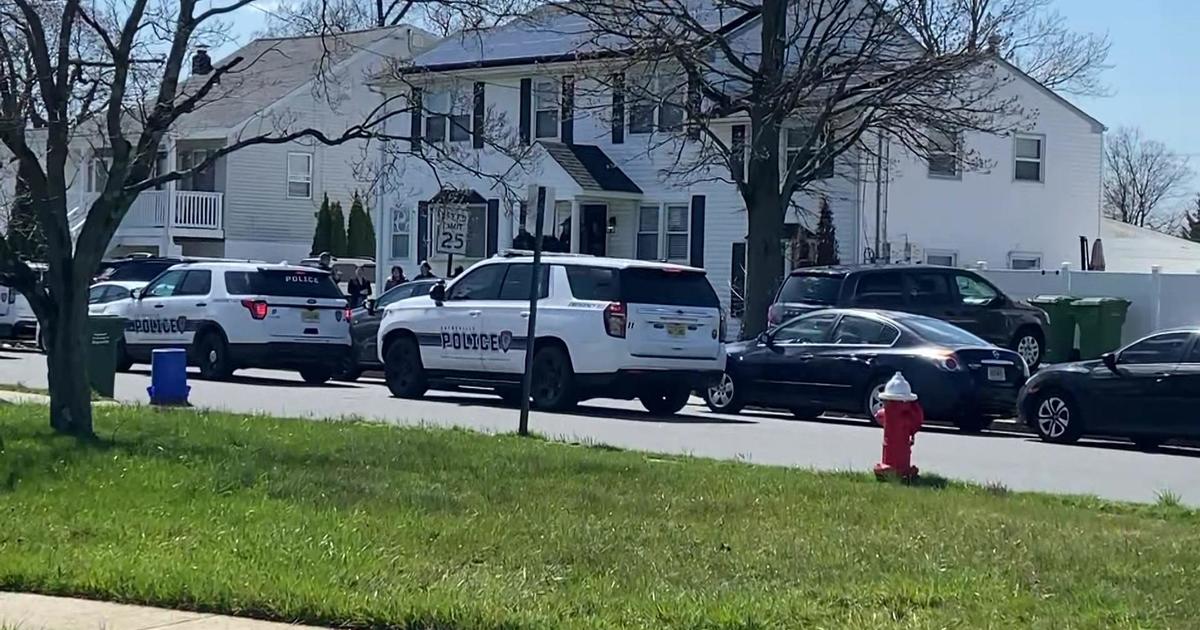Closing Arguments In Jim Leyritz's DUI Manslaughter Case
FORT LAUDERDALE, Fla. (AP) — Former major league baseball player Jim Leyritz had enough time to stop before a fatal 2007 car crash but was too drunk to react to a traffic light and should be convicted of DUI manslaughter, a Florida prosecutor told jurors in a closing argument Thursday.
Stefanie Newman, an assistant state attorney, said evidence in Leyritz's 10-day trial showed that he consumed the equivalent of 11 to 12 shots of liquor before getting behind the wheel of his Ford Expedition on Dec. 28, 2007. A state expert said his blood-alcohol level was likely more than twice Florida's 0.08 limit when he collided with a Mitsubishi Montero driven by 30-year-old Fredia Ann Veitch, killing her.
The critical decision for jurors is whether or not Leyritz ran a red light or had yellow before the crash, meaning Veitch would have run the light.
"If he ran the light, and the victim had a green light, then he caused this crash," Newman said. "He could have avoided this crash. He had a good four seconds of yellow to stop."
Leyritz's attorney, David Bogenschutz, countered that defense experts showed Leyritz may have been under the DUI limit when the crash occurred, his blood tests were unreliable and that two state eyewitnesses were less than definitive under close questioning about who had the right of way. Veitch, a mother of two, was also drunk that night.
"He is not guilty, legally or factually," Bogenschutz said. "Jim Leyritz was in a place he had an absolutely legal right to be, that intersection."
Leyritz, 46, faces between four and 15 years in prison if convicted. Mostly a catcher over his 11 big-league seasons with several teams, Leyritz is best known for a dramatic home run that helped the New York Yankees win the 1996 World Series.
Jurors were expected to begin deliberations later Thursday or Friday. They must decide if Leyritz's blood-alcohol level was above the Florida limit and whether his actions "caused or contributed to the cause" of Veitch's death.
Key to the outcome are the trial's dueling crash reconstruction and toxicology experts. The state's toxicologist estimated that Leyritz had a 0.19 blood alcohol level when the crash happened, based on a 0.14 reading taken three hours later.
But the defense expert, Dr. Stefan Rose, said Leyritz suffered a slight concussion that may have slowed absorption of alcohol into his bloodstream and that tubes used in the blood tests had inadequate preservatives, leading to alcohol-creating fermentation in the sample.
He also testified that because Leyritz downed a last vodka shot moments before the collision, his alcohol level actually rose after the crash — and was below Florida's limit when the vehicles collided.
The exact time of the crash is also important. Police pegged it at 3:19 a.m., but defense experts said it may have been up to 10 minutes earlier. If true, according to Leyritz's experts, he may well have been below the 0.08 limit at the moment of impact.
"The timing on this is important. It's going to affect the blood," Bogenschutz said.
Leyritz, who did not testify in his own defense, is also charged the misdemeanor DUI, which carries a maximum six-month sentence.
He previously agreed to pay Veitch's family $350,000 in insurance and personal funds to settle a civil wrongful death lawsuit.



